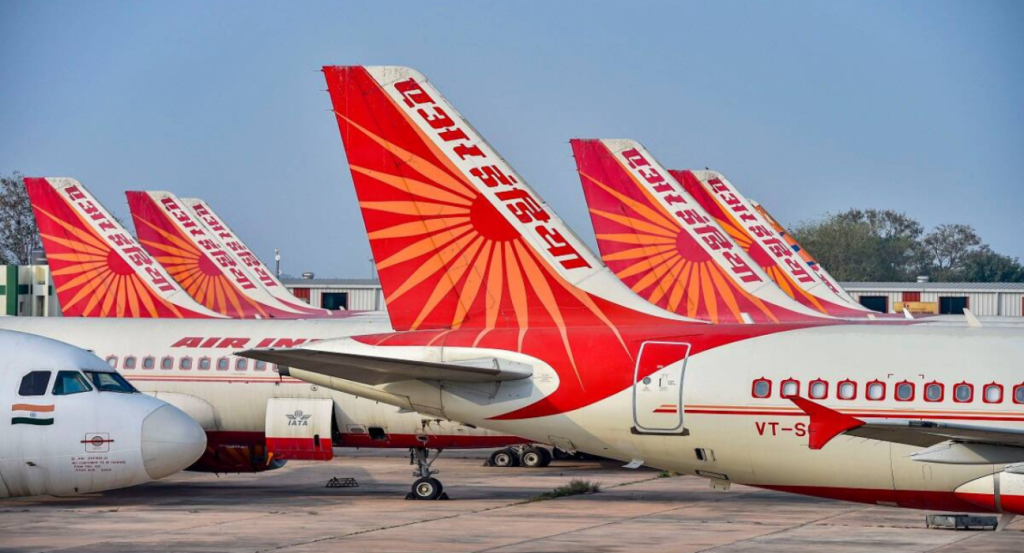Air India’s recent announcement of a $70bn provisional order for 470 aircraft from Airbus and Boeing is a significant step for the airline’s expansion plans. The order is the largest-ever by a single carrier and is aimed at increasing Air India’s capacity for long haul international flights. This expansion plan is part of Air India’s efforts to capitalise on India’s growing base of fliers and the large diaspora across the world.
Air India’s image as a world-class airline in India had been tarnished in the mid-2000s due to financial difficulties, an ageing fleet, and poor service. However, the airline’s renaissance under the Tata conglomerate, which took control of the previously government-owned carrier last year, aims to transform the airline’s fortunes.
Air India plans to fund the order through a combination of resources, including internal cash flow, shareholder equity, and sale-and-leaseback of aircraft. The order is expected to start entering the airline’s fleet from the end of this year through to the end of the decade.
Air India’s CEO, Campbell Wilson, stated that the order will transform the airline’s fleet and power significant network and capacity expansion. The airline is inducting 500 cabin crew each month and plans to hire over 4,200 cabin crew and 900 pilots, signalling that Air India has embarked on probably the greatest transformation in aviation history, said Wilson.
India’s aviation sector is showing signs of recovery following the COVID-19 pandemic. The country’s aviation market is projected to become the third-largest globally by 2025, with passenger traffic expected to grow to 520 million by 2037, according to a report by the International Air Transport Association.
Air India’s expansion plans and efforts to transform its image come at a crucial time for the airline, as it competes with other airlines in India and globally. The airline industry has been hit hard by the pandemic, but Air India’s ambitious plans for expansion signal a strong future for the carrier.



